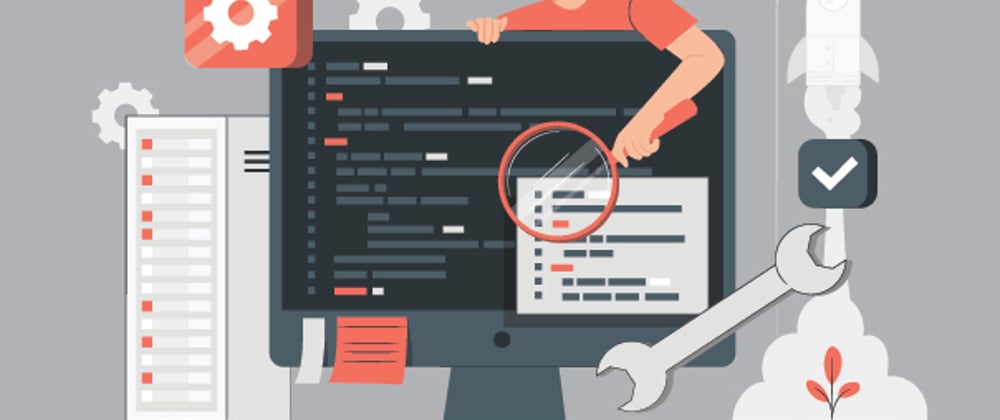Pytest framework is an open-source tool. The test functions and test files can be detected automatically if it is not mentioned explicitly. Based on conditions, it can choose to run all the test methods of a specific test file or a particular test method. A few of the test methods can be skipped using the Pytest framework.
However, the testing team should know which of the test methods are being skipped and eventually also ensure the process is streamlined. The team should be able to make strategic decisions. In this article, you will get to know the advantages of implementing a Pytest framework in your software development project.
What is the Pytest framework?
Pytest is a python based testing framework through which test codes are written and executed. It supports API testing and can also be used to write simple to complex tests. Codes can be written to test UI, database, API etc.
Following are the advantages of the Pytest framework:
1.It is an open-source tool: Pytest is an open-source and easy-to-use tool. There is a dedicated community of developers sharing all the relevant knowledge and information pertaining to Python. To make tests more powerful, it provides numerous extensions and libraries apart from being flexible too.
It can easily integrate with popular solutions such as WebDriver and Jest testing framework. It is also compatible with PyCharm IDE.
2.Code duplication is reduced: Duplicating code is considered to be a common issue. Code duplication is not only difficult to maintain but, it also increases the project complexity. Developers strive to find duplicate code.
In a python program, functions can be created by using a lambda expression so that a callable object local to a function can be defined. The same function can be reused for multiple purposes.
For example, there is a property page class that contains two constructors: one with two parameters and one with default construction. The delegated constructor can be used to make the maintenance process easier.
3.The strategic relevance of parallel testing: With the Pytest framework, tests can run in parallel easily. The Pytest-split plugin is used so that the test suite can be split into sub suites that can run in parallel. Through this, testing time is saved as only fewer threads are run at once.
The code can also be debugged easily using the parallel execution process and also the specific parts of the code that are failing can be known.
4.Easy to write: The existing unit tests can be easily run using Pytest. When it comes to JUnit, a different paradigm of testing is offered. There is quite a bit of similarity between Pytest and unittest when it comes to the basic structure of both these frameworks. If a developer does not have any experience in writing unit tests, then it is much better to learn Pytest first.
Simple software applications can be easily tested by Pytest, which is also considered to be a highly flexible framework. Those fixtures that require a lot of dependencies can be easily created using the Pytest framework.
5.Easy integration with unittest: Pytest offers many common features such as test suites, parameterize etc. Pytest can be integrated with unit tests by including a FunctionTestCase class with which the existing test code is easily wrapped. This class includes tear-down and set-up functions. DocTestSuite class can be used for complex testing scenarios.
Pytest is compatible with other testing frameworks such as PyUnit. This provides a strategic platform for any codebase that requires more comprehensive test coverage.
Conclusion: If you are looking forward to implementing the Pytest framework for your specific project, then do get connected with a top-rated software testing services company that will provide professional consultation and support along with strategic advice on developing a structured Pytest implementation strategy that is in line with your project specific requirements.
About the author: I am a technical content writer focused on writing technology specific articles. I strive to provide well-researched information on the leading market savvy technologies.







Oldest comments (0)